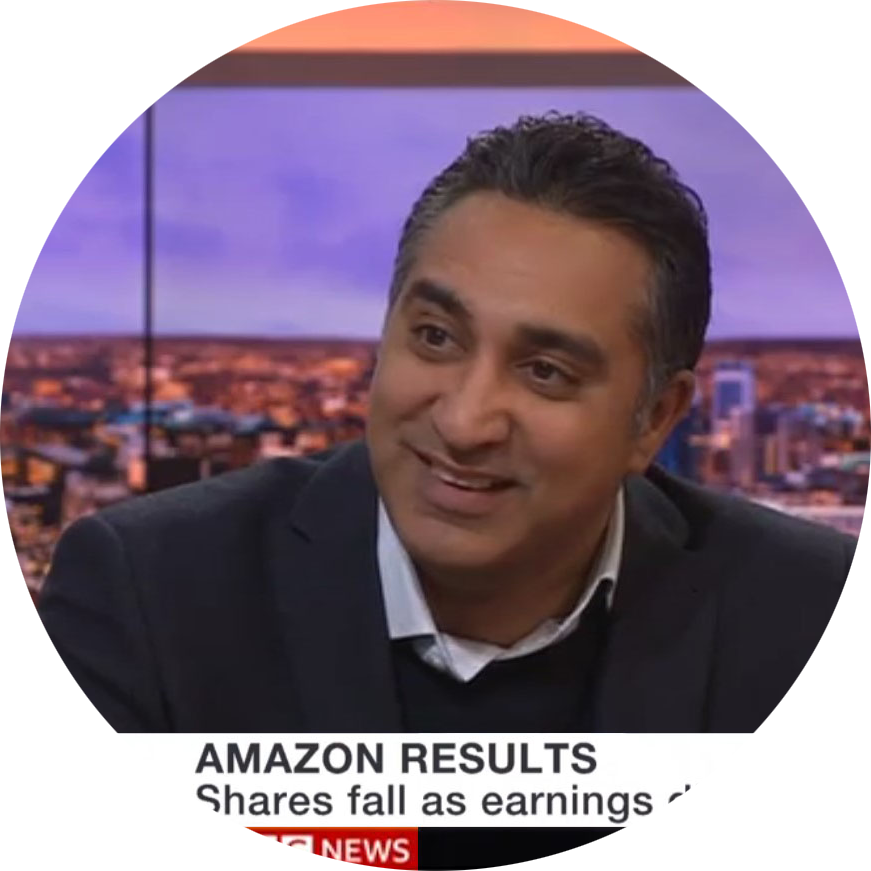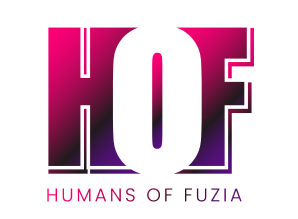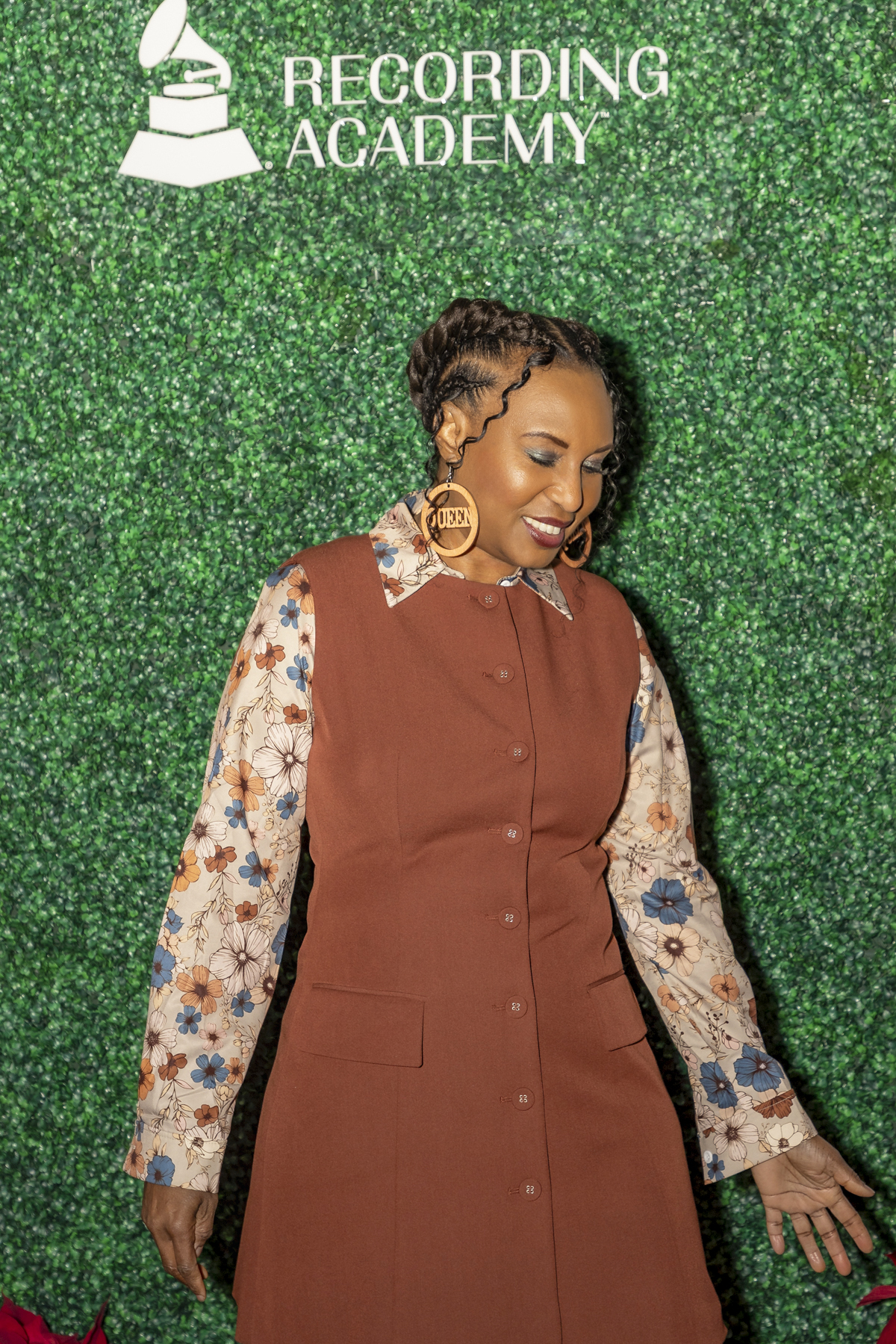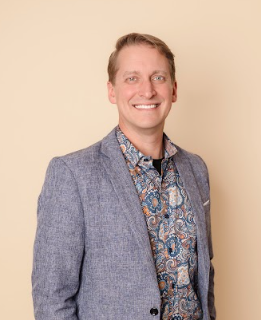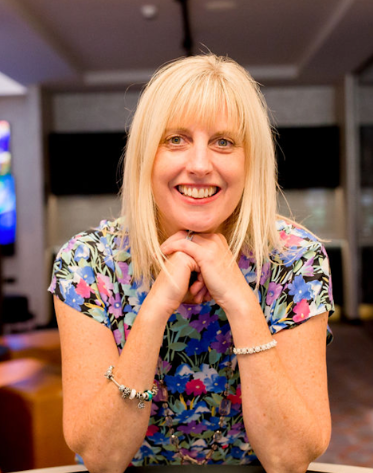Meet Sean Patterson — a seasoned leader, technologist, and passionate advocate for responsible AI adoption. With a unique journey that blends military discipline, corporate leadership, and an unwavering commitment to people, Sean is redefining how businesses integrate AI—not as mere automation, but as a human-led transformation. At Humans of Fuzia, we believe stories like Sean’s are vital for our global community of over 5 million women and allies striving for empowerment, innovation, and inclusivity. His story reflects the spirit of ‘He for She,’ where leadership, empathy, and technology intersect to build a future that works for everyone.
Tell us about what inspired you to start your AI-driven community and focus on leadership in tech.
It really stemmed from my own leadership journey. I went to the Naval Academy in the U.S. and immediately after college, I was placed in leadership roles within the military. That experience, combined with formal leadership training, made me realize how lacking true leadership is in many companies. I’ve always believed that businesses are about people—they’re agreements between people to achieve more together. Unfortunately, I’ve seen that lost along the way, especially with the fast adoption of AI. Most view AI as just automation, but I see it as a partnership—a leadership challenge more than a technology challenge.
What are the biggest gaps you see in how companies approach AI?
Many senior leaders, especially in the C-suite, delegate AI adoption without understanding it themselves. That’s dangerous. They expect their teams to integrate this powerful technology without leading by example. From my military experience, I believe in the principle of “taking the hill”—leaders should be the first to face challenges. AI isn’t about replacing jobs overnight, it’s about those who learn to use it being the ones to thrive. But leaders need to invest in their people, not just in tech.
Starting something new always comes with challenges. What obstacles did you face building your AI community and how did you overcome them?
The biggest challenge? There were no real experts. When I started exploring AI three years ago, it was all experimentation—just playing around with it. But true learning came through human connection, not online tutorials. I joined local meetups where people—strangers at first—came together to talk AI over coffee or drinks. That human connection was key. AI is evolving so fast that everyone’s learning together, and the best way to keep up is through shared experiences.
Are you building this vision alone, or do you have a team supporting you?
Right now, it’s largely me. I’m running my AI-focused company and also serving as COO of a 40-person company whose CEO is fully committed to AI transformation. It keeps me grounded in real leadership challenges while helping others navigate AI adoption. I partner with freelancers for automation work, but companies must go through education first. I won’t deliver automation to anyone who doesn’t understand what they’re asking for—learning comes first.
Is there a proud moment or achievement from your AI community that stands out?
Absolutely. I run an online community, CrossGen AI, with about 120 members—mostly business leaders. But what I’m most proud of are the in-person cohort trainings I’ve conducted. I purposefully mixed generations—young and old, tech-savvy and not—to create a space for mutual learning. One standout moment was seeing a 72-year-old, who had no technical background, adopt AI after just three months. It proved that anyone can learn this with the right environment, and when younger and older generations collaborate, real magic happens.
What are your thoughts on women leadership and empowerment, especially in the tech space?
It’s essential. My wife has been a huge influence—she’s held senior roles in major companies like Raytheon and led their women’s forums. Through her, I’ve seen the importance of emotional intelligence in leadership, and data backs this up. Women bring critical EQ skills that businesses need now more than ever. As AI reshapes work, what remains is human connection and leadership. We need more women leaders to guide organizations through these changes with empathy and resilience.
“AI won’t replace people, but those who learn to use AI will have the edge. It’s not a technology problem—it’s a leadership challenge. And leadership starts with curiosity, empathy, and investing in people.”
Connect with Sean Patterson:
You can connect with Sean on LinkedIn.
Want to be featured?
If you’d like to be featured in the Humans of Fuzia series, email us at fuziatalent@fuzia.com.



